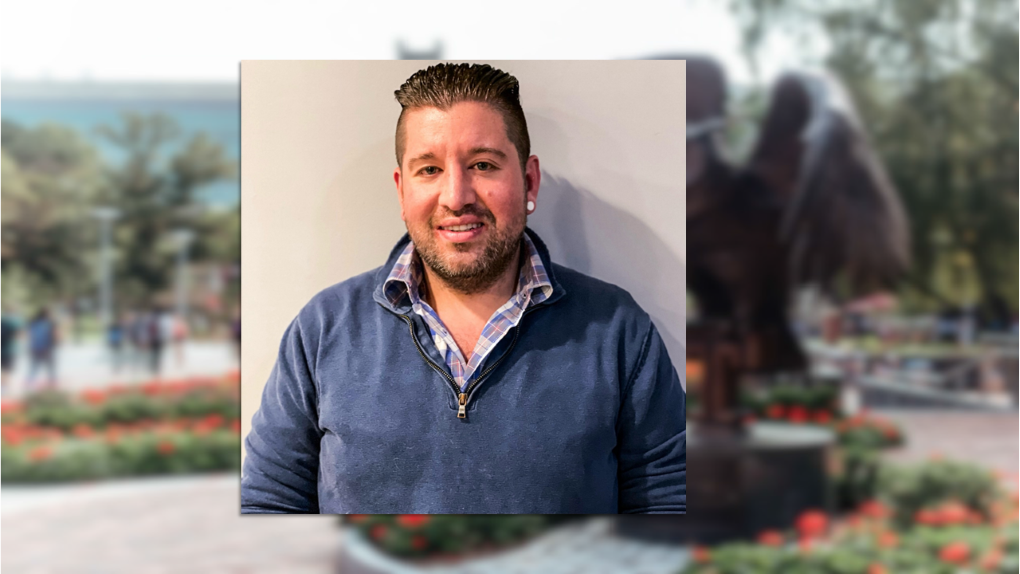Please describe your organization and its mission.
The Library of Congress is the largest library in the World. With its main location in Washington D.C. and a few branches around the world, the Library serves as the main research arm of the U.S. Congress and the home to the US Copyright Office. The Library preserves and houses millions of books, recordings, newspapers, manuscripts, maps, photographs, and more.
Please describe your position and what your day-to-day work looks like.
I am a Congressional Service Analyst in the Congressional Research Section. The Research section is the nonpartisan wing of the Library that works exclusively for members of Congress, the Executive branch, and committees. Our job is to provide confidential research and analysis for national policymaking. CRS is divided into seven sections of relevant fields of expertise. You will have lawyers in the American Law Division to an expert in European affairs in the Foreign, Defense, and Trade division. For the first year, I will be in training which involves taking in all requests from offices, wording them in a clear and concise manner with the proper attachments and links if need be, and then assigning to the correct division/analyst. After the first year, I will be offered the chance to apply for an opening as analyst in one of the divisions or stay and continue my work along adding responsibilities such as training Congressional Staff on our services and helping to promote the Libraries other functions such as the concert series and public readings.
How did your time in the MPP program help prepare you for your career?
My time at MPP prepared me for being a more concise writer. These requests cannot be long with flowery words to lengthen the pages. When a request comes in, the office is usually in a time constraint and I need to get to the point quickly. It also prepared me to really analyze the things that I am reading and not just summarizing. In my hopes to continue on in my career, I read a lot of the reports generated by our analysts. They are offering detailed, nonpartisan reports, not opinions.
What was your favorite MPP class? Why?
My favorite class had to be my final project class with Prof. McLaughlin. Our group was working on how to increase voter participation for the Committee of Seventy. Voting and elections should never be a politicized issue. Every citizen of this country should have access and the ability to vote. Disenfranchising anyone destroys democracy. Our project really evolved from just increasing voter participation during non-Presidential years to improving elections in Pennsylvania as a whole. I was extremely proud seeing some of our recommendations come to fruition during the pandemic. Part of me wants to think that our group was responsible for the smooth rollout and success of vote by mail and voting centers.
What advice do you have for current MPP students?
My advice for current students would be do not sell yourself short or your experience. My professional experience included working in campaigns to a welfare benefits worker, but my interviewers always appreciated hearing stories about bartending in a nightclub or butchering the name of Thai dishes as a server. Your main selling point is you so never think someone is going to look down on you because you waited tables. Another piece of advice is if you find something you are passionate about or sparks an interest, follow the path. My final project required a lot of reading from CRS and the Congressional Budget Office. I enjoyed the work they did so when it came time to apply for jobs I always looked on their websites until something was offered. Lastly, do not give up. I applied for hundreds of jobs, scored countless interviews, survived a pandemic, and endured numerous rejects until landing this job. It took almost 2 years and 3 interviews to land this job. Patience is not a required course, but it is definitely the most important lesson you will learn.

